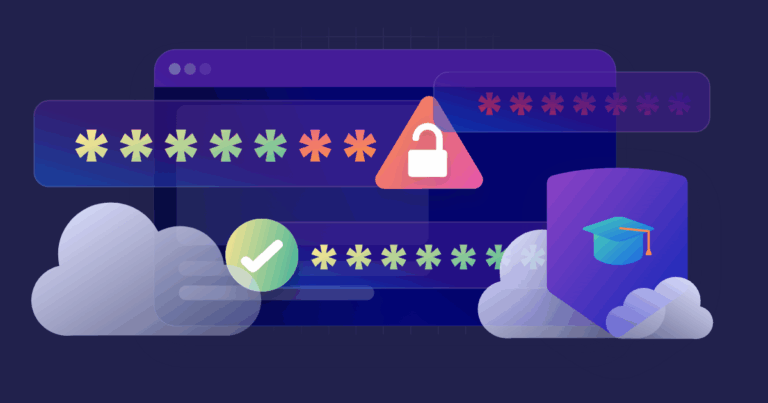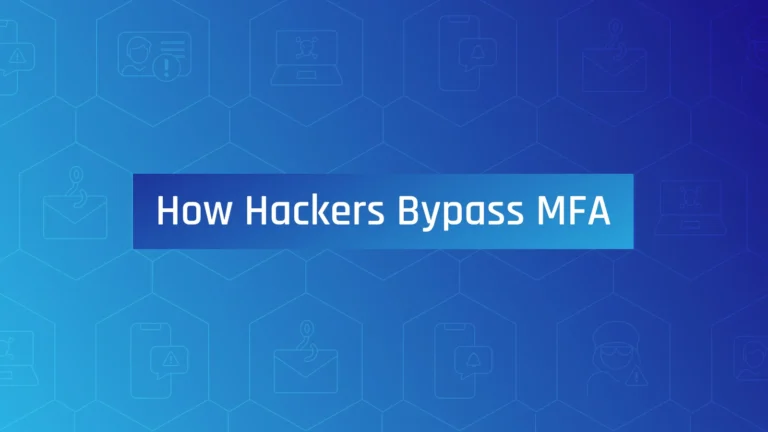Insecure Random Number Generation – Predictable Values Weaken Security
Introduction Random number generation (RNG) is a fundamental aspect of cryptography, authentication, and secure systems. When implemented correctly, RNG ensures that cryptographic keys, session tokens, and other security-critical values remain unpredictable. However, insecure random number generation can lead to predictable values, severely weakening security. Attackers often exploit weak RNG to bypass authentication, hijack sessions, or decrypt sensitive data….



